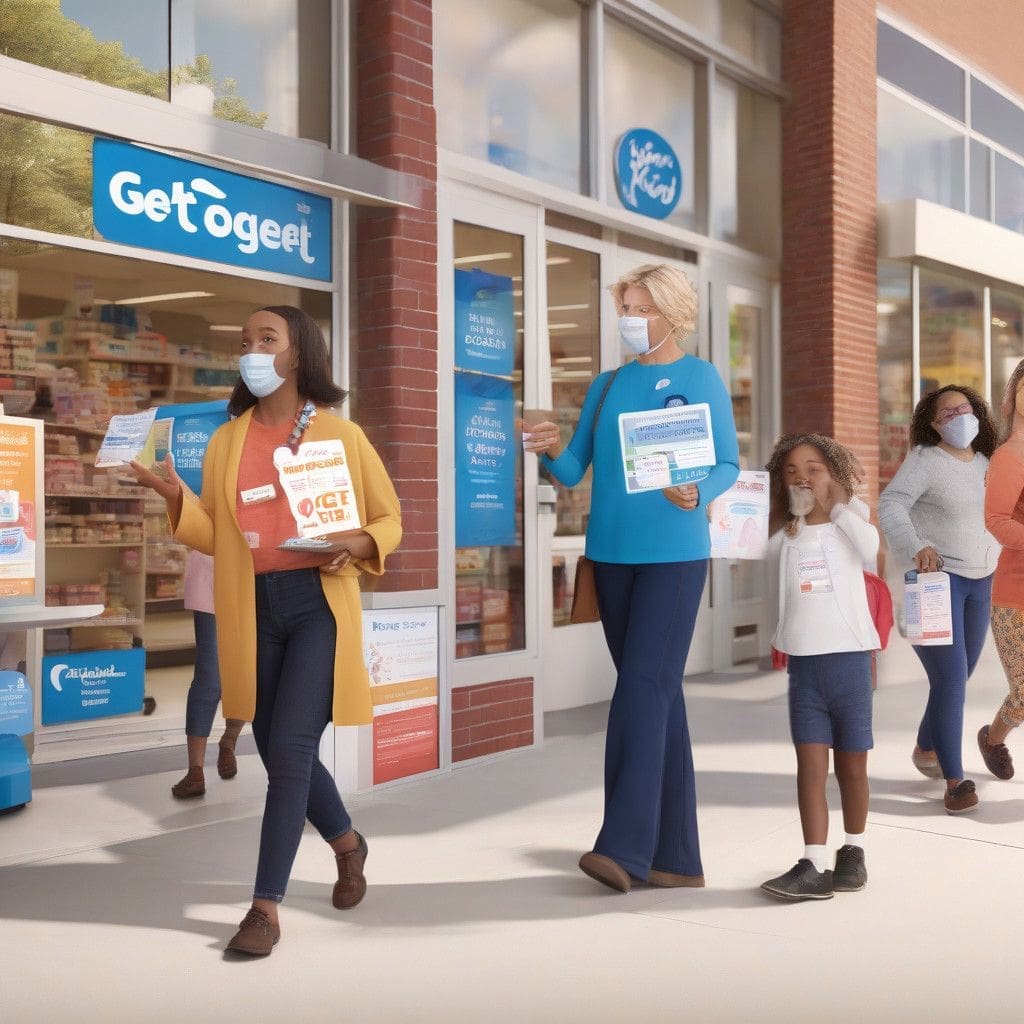Kroger Health, a division of The Kroger Co., is setting a compelling precedent in the retail sector by incentivizing health-focused behavior among its customers. As part of its initiative, the company is rewarding individuals who receive flu shots and other immunizations with valuable discounts on their purchases. This strategic move not only promotes health but also enhances customer loyalty—a dual benefit that is important in today’s highly competitive retail environment.
The Offer: Coupons as Incentives
Consumers who receive flu vaccines at participating Kroger Family Pharmacies or The Little Clinic are eligible for rewards. Specifically, customers can expect a $5 discount coupon for getting a flu vaccine and a more substantial $20 discount when they receive a flu shot alongside any additional vaccine during the same visit. This offer is applicable to certain individuals under the age of 65 who are not covered by federally funded healthcare programs, such as Medicaid or Medicare, and highlights a targeted approach in Kroger’s marketing strategy.
Colleen Lindholz, president of Kroger Health, emphasized the importance of vaccinations in protecting the community from illnesses. By offering these incentives, Kroger aims not only to boost vaccination rates but also to contribute to the overall wellness of its customers. This initiative clearly underscores the importance of health management in retail and how businesses can play an active role in community health.
Understanding Customer Behavior
In a landscape where consumers often seek both convenience and value, Kroger’s strategy aligns perfectly with customer behavior trends. According to recent studies, over 75% of consumers claim that loyalty programs influence their purchasing decisions (Source: LoyaltyOne). By framing health benefits as a means of saving money, Kroger taps into the psychology of consumers who are keen on maximizing value from their everyday purchases.
Offering a tangible reward like discount coupons transforms the flu shot experience from a healthcare necessity into a rewarding shopping experience. This encourages customers not only to think about their health but also to shop more at Kroger locations, establishing a win-win scenario.
The Mechanics of the Offer
To redeem the discounts, customers must mention the offer when receiving their vaccine. For those vaccinated at Kroger pharmacies, the savings will automatically be loaded onto their loyalty cards. Meanwhile, individuals receiving shots at The Little Clinic will receive paper coupons—an approach that caters to the preferences of different consumer segments. This seamless integration of healthcare and retail illustrates how businesses can innovate in customer engagement strategies.
Building Loyalty Through Health Initiatives
Kroger’s commitment to health as part of its customer loyalty program speaks volumes about contemporary marketing trends tied to wellness. Many retailers, including Walgreens and CVS, have also explored similar promotional health initiatives. However, Kroger’s structured approach aims to build stronger ties to its customer base by intertwining health services with everyday shopping experiences.
Research suggests that health-related loyalty programs can significantly enhance customer retention. In fact, a survey published in the Journal of Marketing Research found that customers who engage in health-focused loyalty programs show a 15% higher retention rate compared to regular consumers. This data supports the idea that strategic health initiatives can pay off handsomely in the retail sector.
A Wider Impact on Community Wellness
Beyond the immediate rewards for consumers, Kroger’s initiative demonstrates a proactive stance towards community health. By increasing vaccination rates, Kroger not only contributes to individual health but also supports public health initiatives aimed at reducing the spread of viruses during flu season. This approach can potentially decrease healthcare costs for local governments and health systems—an aspect that reinforces the store’s value within the community.
In conclusion, Kroger’s rewards program for flu vaccinations offers an excellent case study in the evolving relationship between retail and public health. As consumers increasingly demand value and convenience, businesses that can offer a tangible benefit while contributing to community wellness will likely find themselves ahead in a crowded marketplace. With health-focused loyalty programs becoming more prevalent, Kroger sets a standard that other retailers may soon follow.
Healthy shopping habits can shape a better future—not just for individuals but for entire communities.
